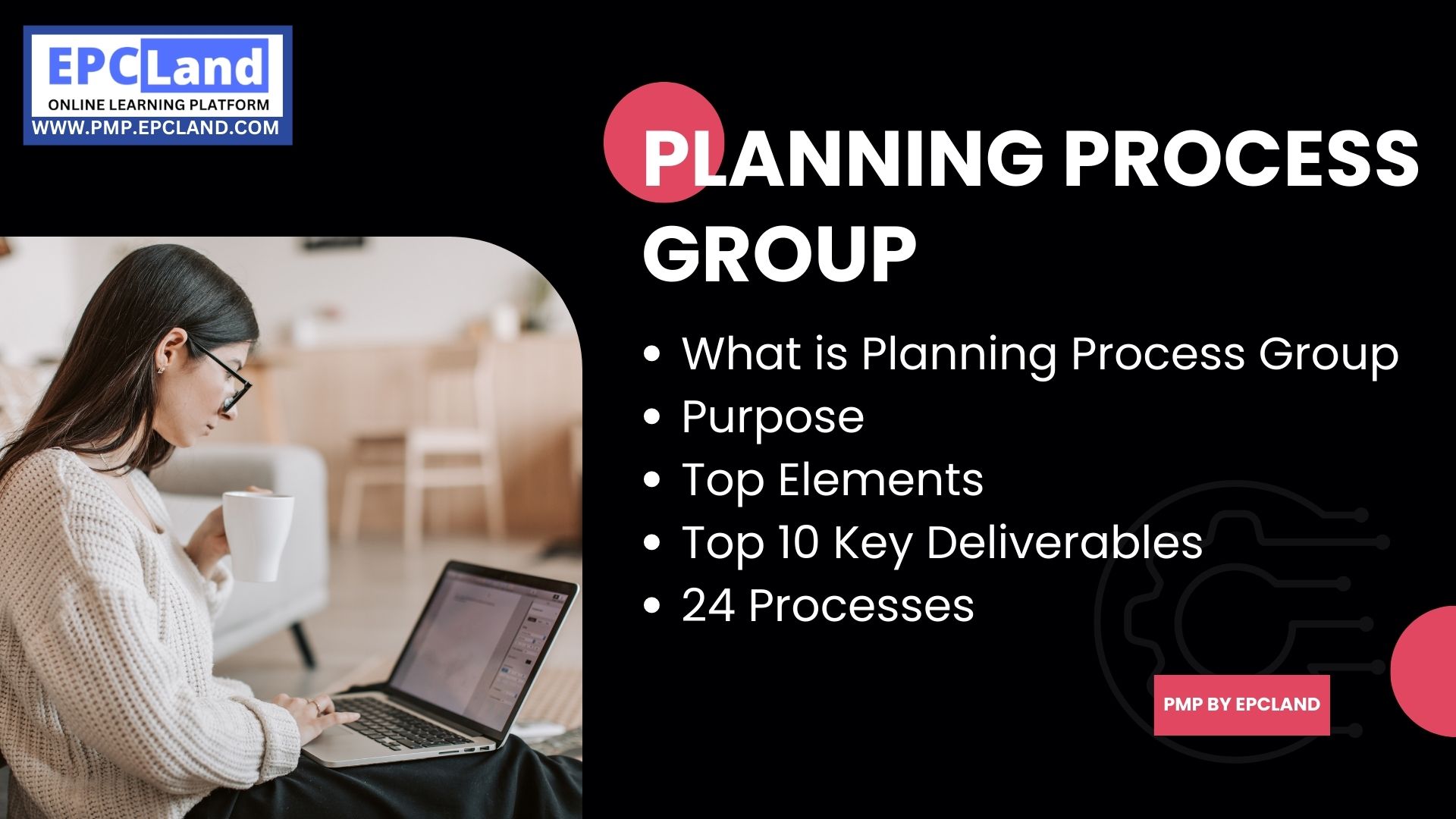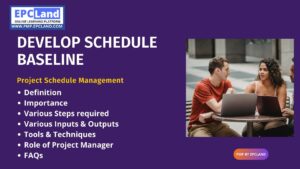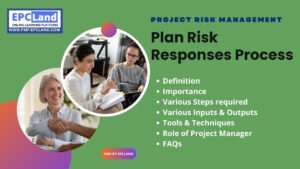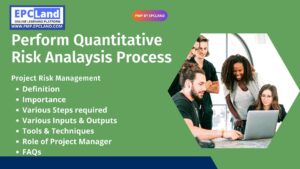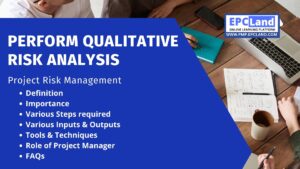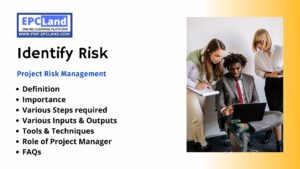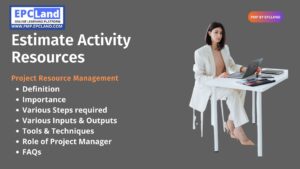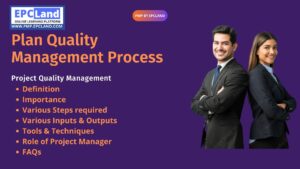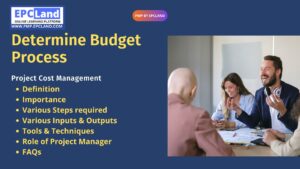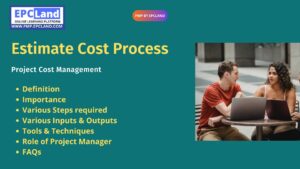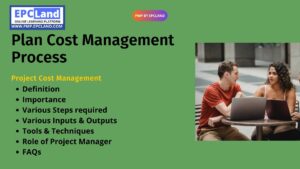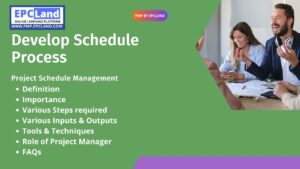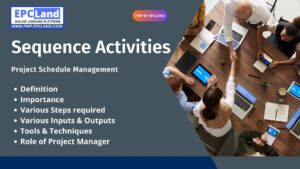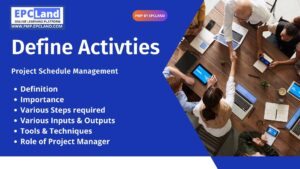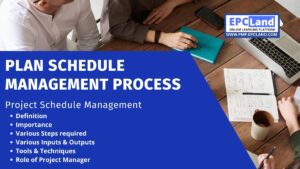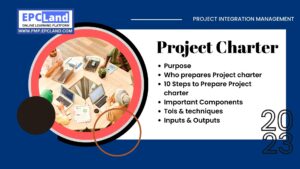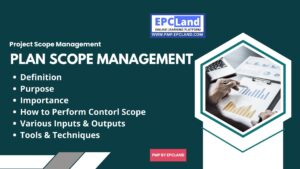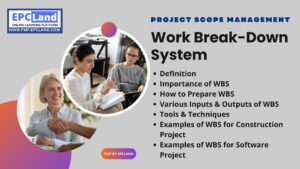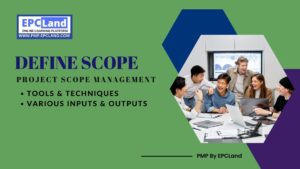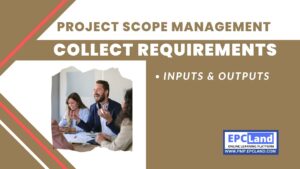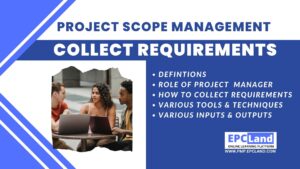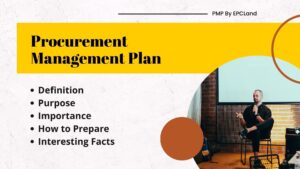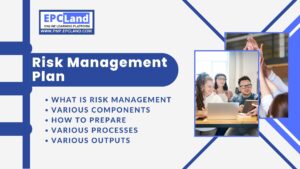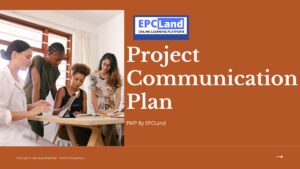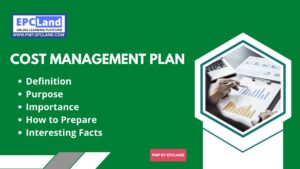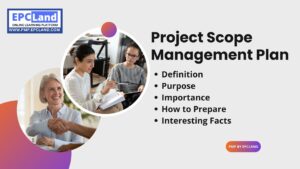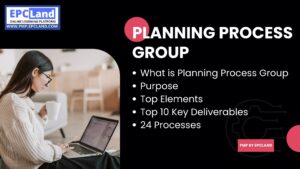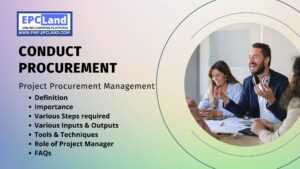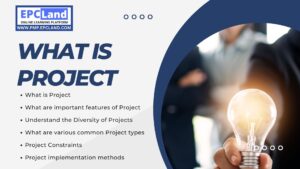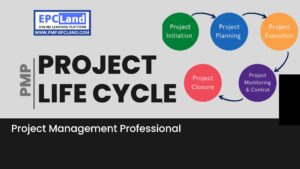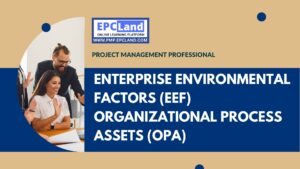Experienced project managers know that soon after initiating a project, the next set of implementation strategies and skills involves the ability to see both the forest and the trees simultaneously. The PMBOK® Guide sets forth a sequential, but overlapping set of procedures to follow when looking for a best-practice approach toward orchestrating a complex project
Table of Contents
ToggleWhat is Planning Process Group In Project Management
While the first process group (Initiating Process Group) allows a project manager to get a clear view of the entire project landscape, the Planning Process Group provides guidelines for assembling all the layers of details needed to fill in the landscape of the project through one successful phase of completion after another.
Attempt Quiz on Planning Process Group In Project Management

Time's up
How Planning Process Group add value to Project
There are many processes that the project does not use or use as part of a process. Create activities, durations, resources, sequencing, and scheduling. This Planning Process Group attempts to answer questions such as:
- What kind of detail is expected in the plan? Which sections require detail and which sections survive without a detailed plan?
- Identify the level of HOS and what ultimately needs to be planned for an orderly future
- What level of stakeholder involvement is expected in the plan?
- How to keep the planning process tight
- How to judge the quality and reliability of this information
- Frequency of rescheduling
- How to manage plan changes
- To minimize the impact of changes on work in progress
Purpose of the Planning Process Group In Project Management
- Outline strategies and tactics for a successful project
- Identify hidden risks in advance
- Document how other processes in the project are performed
Top Elements of Planning Process Group In Project Management
Develop a Project Management Plan
A Project Management Plan is a detailed report indicating the chain of events that need to happen throughout the project. This includes a timeline and clear communication with stakeholders about how the entire project in all its phases will be “planned, executed, monitored controlled, and closed.” PMBOK® Guide
Collect Requirements
Tailoring client/stakeholder needs with the objectives the project requires may necessitate additional adjusting as the project gets underway. Understanding and documenting all project requirements aids in clarifying expectations.
Define Scope
Producing documentation to define the scope of the project which may reflect any changes is important to maintain stakeholder confidence and client trust.
Create Work Breakdown Structure
Subdividing large projects into more manageable smaller ones allows stakeholders to identify on-going progress and allows the project manager to make mid-course adjustments as necessary.
Attempt Quiz-2 on Planning Process Group

Time's up
Define Activities, Sequence Activities, Estimate Activity Resources, Estimate Activity Durations
Developing the specific list of actions that will need to be taken to achieve benchmark goals is essential for putting proper teams in place at the right time with the proper resources.
Develop Schedule
Scheduling teams to complete work and setting the progress in place with all the details needed to complete the work objectives takes a great deal of coordination with many project constituents and may involve shifting objectives and phase scheduling.
Estimate Costs
Estimating costs accurately is a skill that comes with increasing practical experience. Coordinating all the estimates needed to complete each phase of the project requires attention to detail and well-developed multitasking skills.
Decide on a budget
Creating an accurate budget means having the experience of knowing when to add expected weather delays, order changes, or other details gleaned from experience with similar projects. . All stages of the planning process require group documentation, but in the area of estimating and budgeting, project managers can logically understand the details in order to obtain fast and reliable approval from the appropriate stakeholders. is needed.
Quality planning
Factors such as risk, cost-performance baselines, organizational and environmental factors all influence potential plan quality. The aim, of course, is to ensure the highest possible quality. Program objectives and procedures need to be realigned to assess quality assurance details at each phase of the project.
Develop Human Resources Plan
It is imperative to create a staffing plan that matches each phase of the plan and includes all the details of how work teams will be formed to support project goals and timelines.
Don’t Miss the 1000+ MCQ questions & hundreds of quizzes on PMP Knowledge Areas and Various important sections.
Plan communication
Communication of changes, progress reports, and budget adjustments must be ongoing to keep voters and stakeholders invested in the successful, high-quality results of the project. Setting expectations around communication supports a positive tone throughout the project.
Planning risk management, identifying risks, conducting qualitative and quantitative risk analysis, and planning risk countermeasures
Accurate risk management practices save money and time over the life of a project. Documenting the project risk management process supports a good communication strategy with stakeholders and customers.
Procurement plan
The procurement process includes detailed reports with decisions about the cost of items required to complete the project and achieve effective results.
Top 10 Key Deliverables Planning Process Group In Project Management
Top 10 Key Deliverables planning process group
- Project Management Plan
- Subsidiary Plans
- Baselines (scope, cost, Schedule)
- Requirement Traceability matrix
- WBS
- Project Schedule
- Budget
- Scope Statement
- Risk Register
- Procurement Documents
Don’t Miss the 1000+ MCQ questions & hundreds of quizzes on PMP Knowledge Areas and Various important sections.
24 Process of Planning Process Group (from each knowledge area)
- Develop Project Management Plan – Project Integration Management
- Plan Scope Management – Project Scope Management
- Collect Requirements – Project Scope Management
- Define Scope – Project Scope Management
- Create WBS – Project Scope Management
- Plan Schedule Management – Project Schedule Management
- Define Activities – Project Schedule Management
- Sequence Activities – Project Schedule Management
- Estimate Activity Durations – Project Schedule Management
- Develop Schedule – Project Schedule Management
- Plan Cost Management – Project Cost Management
- Estimate Costs – Project Cost Management
- Determine Budget – Project Cost Management
- Plan Quality Management – Project Quality Management
- Plan Resource Management – Project Resource Management
- Estimate Activity Resources- Project Resource Management
- Plan Communications Management – Project Communication Management
- Plan Risk Management – Project Risk Management
- Identify Risks – Project Risk Management
- Perform Qualitative Risk Analysis – Project Risk Management
- Perform Quantitative Risk Analysis – Project Risk Management
- Plan Risk Responses – Project Risk Management
- Plan Procurement Management – Project Procurement Management
- Plan Stakeholder Engagement – Project Stakeholder Management
Attempt Quiz-2 on Planning Process Group3

Time's up
Difference Between PMBOK Project Management Process Group and Knowledge Area
We have detailed his five process groups in project management, all of which are subject to the control process in project management. To manage these project management process groups, you must use the project management knowledge area.
There are 10 project management knowledge areas; they are:
- Integrated project management
- Project Scope management
- Project time management
- Project cost control
- Project quality control
- Project resource management
- project communication management
- Project risk management
- Project procurement management
- Manage project stakeholders
5 Project Management Process Groups
- Initiating
- Planning
- Executing
- Monitoring/controlling
- Closing
The Project Management Knowledge Area is not the same as the Project Management Process Group. The main difference is that the process group describes what the project manager needs to do, while the knowledge area is what the project manager needs to know. More specifically, knowledge areas are used by all project management process groups. Knowledge domains are made up of processes. There are inputs, tools, techniques and outputs. These are the project management roles that help make your project successful.
Don’t Miss the 1000+ MCQ questions & hundreds of quizzes on PMP Knowledge Areas and Various important sections.
Final Take Aways in Planning Process Group In Project Management
Developing the skills and knowledge necessary to become more aware of the overall project goals while effectively addressing the day-to-day minor details of complex projects is at the heart of what separates a good project manager from a great one. .
Many of the top project manager’s skills are acquired through years of experience, but continued training and a strong professional network of his can also increase opportunities and success.
